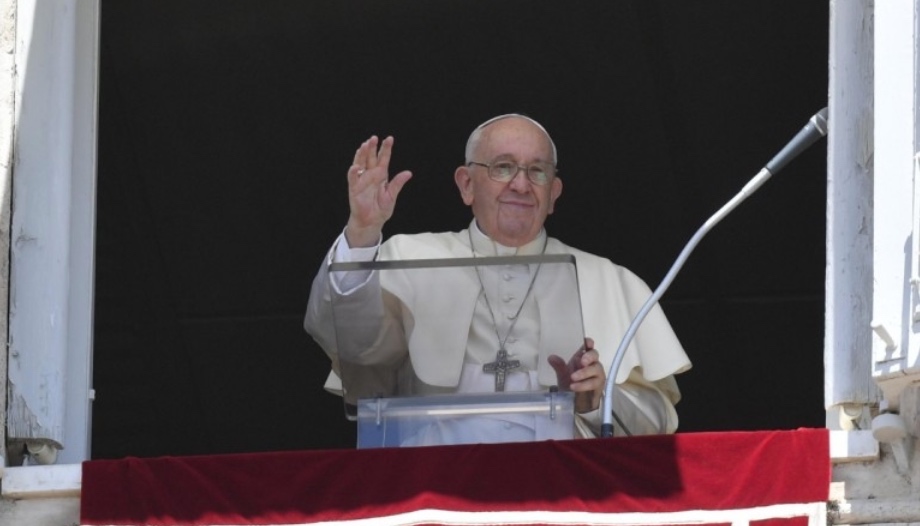"The Samaritan, despite having his own plans and heading for a distant goal, does not look for excuses" for failing to care for the stranger wounded along the way. This is how the Holy Father began his commentary on the Angelus on Sunday, July 10, 2022. An appeal to all Christians to live with their eyes "on the final goal, while at the same time paying close attention to the steps that must be taken, here and now, to reach it".
The parable of the Good Samaritan narrated today in the Gospel of the 15th Sunday in Ordinary Time gave Francis the opportunity to recall that one of the appellatives of the first Christians was "the Good Samaritan". "disciples of the Camino". In fact," the Pope said, "the believer is very much like the Samaritan: like him, he is on a journey (...) He follows the Lord, who is not sedentary but always on the road: on the road he meets people, he heals the sick, visits villages and towns. This is how the Lord acted, always on the way".
The example of Christ, the Good Samaritan, is the one to be followed by Christians who, "Walking in the footsteps of Christ, become wayfarers and learn - like the Samaritan - to see and to have compassion. Go and feel compassion. First and foremost, go toIt opens our eyes to reality. The Gospel educates us to see: it guides each one of us to understand reality correctly, overcoming day after day preconceived ideas and dogmatisms", the Pope pointed out.
Compassion is a gift
Francis pointed out that "in the face of this Gospel parable, it can happen that we blame or blame ourselves, that we point the finger at others, comparing them to the priest and the Levite: "This one and that one pass by, they do not stop!"; or that we blame ourselves by enumerating our lack of attention to our neighbor".
Two attitudes that, although natural, the Pope encouraged to overcome with another exercise: to recognize the error and above all, to ask the Lord "to make us see y have compassion. This is a grace, we have to ask the Lord for it".
In this sense, the Pope pointed out once again that we must look our neighbor in the eye, especially the poorest and most vulnerable: "Do you touch the hand of the person to whom you give the coin?" - "No, no, I drop it." -And do you look the person in the eye? -No, I don't think of it". If you give alms without touching reality, without looking into the eyes of the person in need, that alms is for you, not for him. Think about this: "Do I touch the miseries, even those miseries that I help? Do I look into the eyes of the people who suffer, the people I help? I leave you this thought: see and have compassion.
I recall Libya, Sri Lanka and Ukraine
The instabilities and problems that plague the nations of Sri Lanka and Libya were the object of the Pope's remembrance in his words after the Angelus, in which he also had words for the people of Ukraine "tormented daily by brutal attacks whose consequences are paid by the common people. I pray for all the families, especially for the victims".
The Pope concluded with a remembrance of the workers and chaplains of the sea on Sea Sunday and remembered "all seafarers with esteem and gratitude for their valuable work, as well as the chaplains and volunteers of "Stella Maris". I commend to Our Lady the seafarers who are stranded in war zones, so that they may return home".











